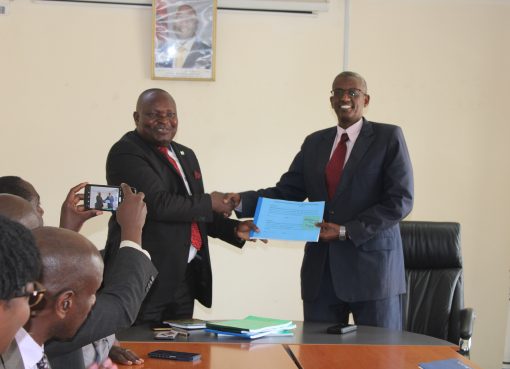Access to contraceptives among adolescents and youths has often met barriers because the teenagers find it difficult to discuss with their parents plans to procure emergency pills to prevent unwanted pregnancies, an expert has said.
Harun Kerama, a reproductive health expert said the increasing number of students writing their secondary school examination in maternity wards should prick the consciousness of society and change their attitude towards contraceptives for the youth.
He urged parents and guardians to provide appropriate information to young girls to reduce abuse and make them know that only qualified medical personnel in authorized health facilities should provide the services.
However, he regretted that some health workers refuse to give contraceptives to adolescents either due to religious beliefs that criminalize pre-marital sex or the perception that they should not access them.
He appealed to learning institutions to provide comprehensive sex education, and the health workers to improve their perception and attitudes towards the young girls. He was speaking to KNA today during an interview at his clinic in Nakuru town.
In addition, he said counties should allocate funds for adequate and timely supply of contraceptives to dispensaries and build the capacity of communities to fight stigma so as to prevent teenage pregnancy.
He noted that early pregnancies and motherhood has financial consequences not only for the teenagers alone but the entire communities and the nation at large, hence the need to do everything to curb them.
Kerama lamented that through interactions with expectant teenagers, he has realized the majority of the early pregnancies are caused by male relatives, especially in homesteads where parents lack close relationships with their daughters.
By Veronica Bosibori





